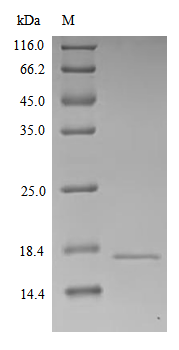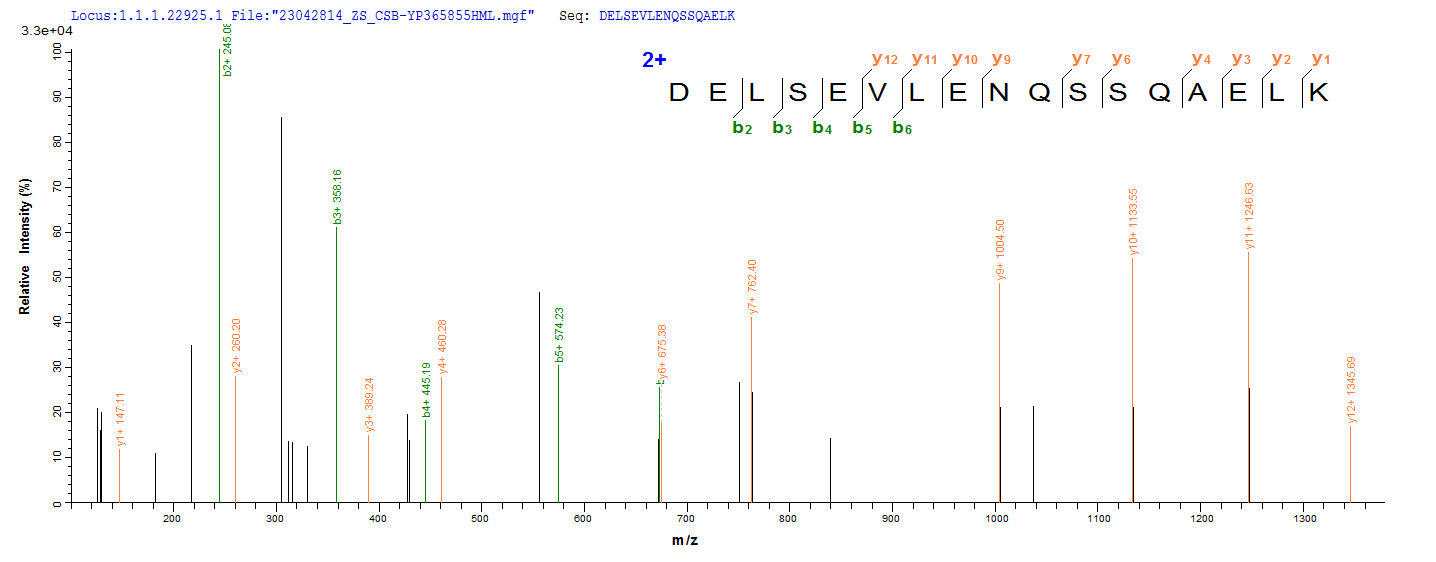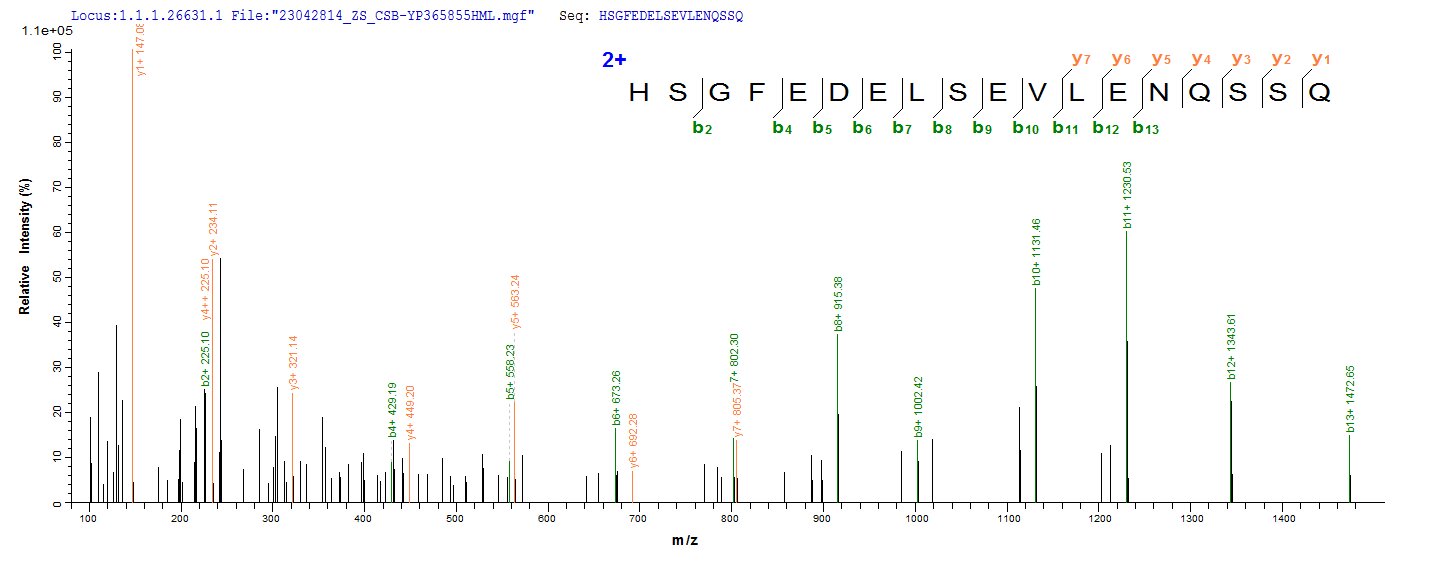Recombinant Human CHGA Protein is encoded by CHGA gene — recombinant CHGA DNA — that has integrated foreign plasmids into the Yeast genome, the foreign DNA is replicated along with the host DNA. In addition, the expression of foreign proteins requires the use of specialized expression vectors and often necessitates the significant restructuring of the foreign coding sequence. The subsequent expression process includes small-scale expression, protein identification, large-scale expression, and protein purification. The purity of this recombinant CHGA is 90%+.
CHGA is a protein coding gene that encodes Chromogranin-A. According to some studies, CHGA may have the following features.
Coding region polymorphisms did not account for changes in Chga expression or function. CHGA plays a catalytic role in formation of catecholamine storage vesicles and also serves as precursor to the peptide fragment catestatin. a plausible mechanism whereby genetic variation at the CHGA locus eventuates in alterations in human renal function. CHGA promoter polymorphisms and haplotypes present in an Indian population and characterized the functional consequences of a highly prevalent haplotype.








